Itchy, dry, flaky scalp? You're certainly not alone. Over 50% of adults suffer from what's typically known as Dandruff.
Though a harmless condition, It's embarrassing, uncomfortable and just downright irritating for those with it.
Just like the foundation of a house, the scalp is the building block for beautiful and healthy hair. When our scalps are in balance, our hair will be too.
Whether you have straight or curly hair, the bad news is Dandruff doesn't discriminate.. The good news is there are some simple solutions to staying on top of your scalp health.
Changing seasons, exposure to heating over the cooler months and daily styling..
It can be hard to keep your scalp in top condition. These factors, plus more, mean the health of your hair can suffer. If your scalp is itchy, dry, or covered with flaky skin cells - more commonly known as "dandruff", don't worry – there's still hope!
Below we'll provide Ten helpful tips for keeping your scalp clean and healthy.
But FIRST, let's look at what causes Dandruff and poor scalp health.
What Causes Dandruff?
Despite what we have always been led to believe, Dandruff, dry and flaky scalps, aren't caused by just an "oily scalp". It's a lot more complex.
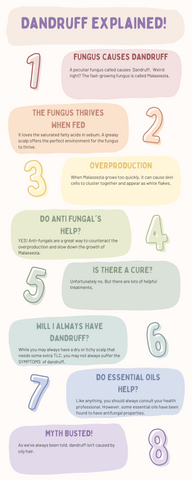
Simply put. A peculiar fungus causes Dandruff.
It sounds odious but stay with me. The fast-growing fungus is called Malassezia.
The presence of Malassezia on the scalp can have a big impact on the health of your hair.
This fungus thrives when fed, and it loves the saturated fatty acids in sebum. A greasy scalp offers the perfect environment for the fungus to thrive.
When Malassezia grows too quickly, it can cause skin cells to cluster together and appear as white flakes. For this reason, many dandruff treatments focus on anti-fungal ingredients to help remove Malassezia from the scalp.
In a recent study, scientists discovered that Malassezia, a type of fungus, is not the only contributing factor to Dandruff.
While the research revealed that Malassezia was present at ten times the amount on dandruff scalps compared to healthy scalps, an analysis of the bacterial species on both scalps yielded exciting results in terms of research development.
Utilising a technique known as qPCR to detect the presence of a specific gene in the bacteria, the research team at Unilever R&D uncovered that Staphylococcus capitis was 100 times more abundant on dandruff-affected scalps.
Subsequent studies have since validated this finding, leading the team to conclude that neither bacteria nor fungi are solely responsible for the condition, but both play a role in its development.
How Do I fix it?
Now that we know what causes Dandruff and an unhealthy scalp- how do we FIX IT?
This is the million-dollar question plaguing over 50% of the population suffering from this condition. Unfortunately, there still isn't a cure or a quick "fix" to the problem of Dandruff.
Whilst a lot of research is being done, and there are some helpful anti-dandruff remedies, there, unfortunately, isn't a cure. However, It's not all bad news; you can do many things to find relief for your itchy, flaky scalp. For curly, straight and afro-textured hair, we have put together a list of things you can do to ensure your scalp is in top condition to nourish your hair.
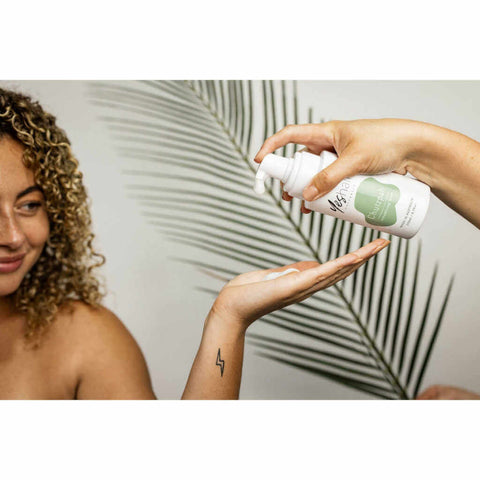
1. Invest in a scalp-specific shampoo and conditioner. Look for products with natural ingredients and anti-fungal properties. May Change, harvested from the Litsea Cubeba plant, is perfect for oily skin. Lavender and Rosemary are good for itchy scalps, and Tea Tree and Cedarwood, in particular, have promising Anti-fungal components.
2. Wash Regularly. It's essential to wash your scalp regularly to keep it clean. Washing every other day or every three days is the best way to keep your scalp clean and healthy. Malassezia multiplies quickly, so making sure you're washing the bacteria away before it starts to reproduce on your scalp is vital to stopping the spread. This will help control the symptoms of Dandruff and, in time, will he manage the spread of the fungus.
3. Use a clarifying shampoo. These shampoos help to remove product buildup and impurities from your scalp and hair.
4. Massage your scalp while shampooing. Massaging will help to stimulate blood flow and encourage the production of natural oils. You can experiment using a scalp brush to aid in this step.
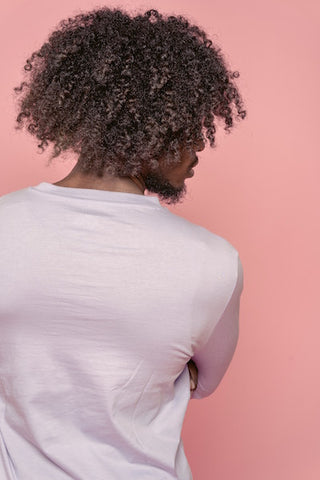
5. Remember to condition. Conditioning your hair is essential for Dandruff sufferers as it provides the extra moisture that the scalp needs after it's been cleansed.
In the past, Dandruff sufferers have been told to avoid conditioning their hair.
Thankfully this myth has been busted, and for the sake of your hair's health, get some quality hydrating conditioner into your hair to help restore its natural health.
*Make sure you rinse well. Conditioner buildup on the scalp will feed the bacteria and cause an overgrowth. Rinsing till the water runs clear will eliminate this.
6. Incorporate scalp scrubs (exfoliators) into your routine. Scalp scrubs help eliminate dead skin cells and encourage cell turnover, which will keep your scalp healthy and your curls looking great.
7. Use a deep conditioning hair mask every once in a while. Deep Conditioning will help to lock in moisture and keep your hair hydrated. Just like the skin on your face and body, your scalp must also be well-hydrated.
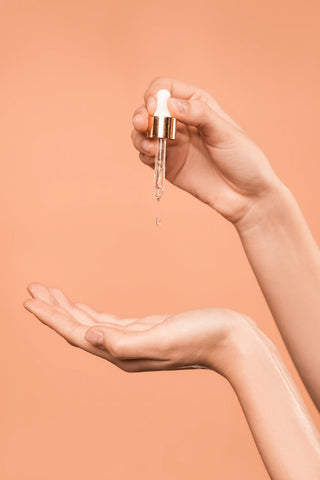
8. Incorporate scalp-specific essential oils into your routine. These oils help to keep your scalp healthy and your hair looking great.
Lavender
Rosemary
May chang (oil-reducing)
Tea tree (anti-fungal)
Cedarwood (anti-fungal)
9. Wash your hair with lukewarm water. Hot water can strip your hair of its natural oils, so it's best to avoid it. If you're a HOT shower junkie, experiment with washing your hair over a sink/laundry tub.
10. Check Your Diet. Consuming a healthy, balanced diet can help keep your scalp healthy. Make sure to get plenty of vitamins and minerals, as well as plenty of water. Health starts on the inside- out!
Extra Care For Curly Hair
Healthy curls start with a healthy scalp. If you've been adorned with curly hair, extra care must be taken if you suffer from Dandruff. It's naturally drier than straight hair. This is because curly hair is more porous, which affects its ability to absorb and retain moisture and caring agents.

Curls also have a spiral shape that makes it hard for oils and products to travel along the length of the fibre--unlike straighter hair, which can easily slide along the shaft. To keep your curls hydrated, add gliding agents to help diffuse the products throughout your hair. Rich and nourishing care is essential for curls to keep them looking healthy and shiny.
With the right care, your curls can be just as nourished as straight hair, and it's essential to understand what extra steps you can take to care for your curls.
- Your scalp naturally produces sebum, an oil that lubricates each strand of hair from root to tip. This sebum is especially important for textured and curly hair as it adds moisture. However, finding the right balance between washing too much and too little is critical to the health of your curly hair. Wash your hair too much and you'll strip your hair of all the naturally produced sebum you need to retain moisture, wash too little, and you'll end up with too much sebum, and Malassezia will begin to overproduce.
- Incorporating a scalp massage into your routine is an excellent way to stimulate blood circulation and encourage hair growth while clearing dead skin cells, dirt and excess oils from your roots. This will help your scalp produce more natural oils, strengthening and softening your hair.
- Avoid too much heat styling. Heat styling will only add to the dryness of your hair and potentially add to the already occurring irritation. Low heat and high airflow will give you the best results when styling your hair and prevent further damage to your scalp and hair strands.
These are just a few things you can do to avoid future hair damage when you suffer from Dandruff. Whether you have straight hair or curly hair, its important to seek professional help on how to manage treatment.
Love & Hydration
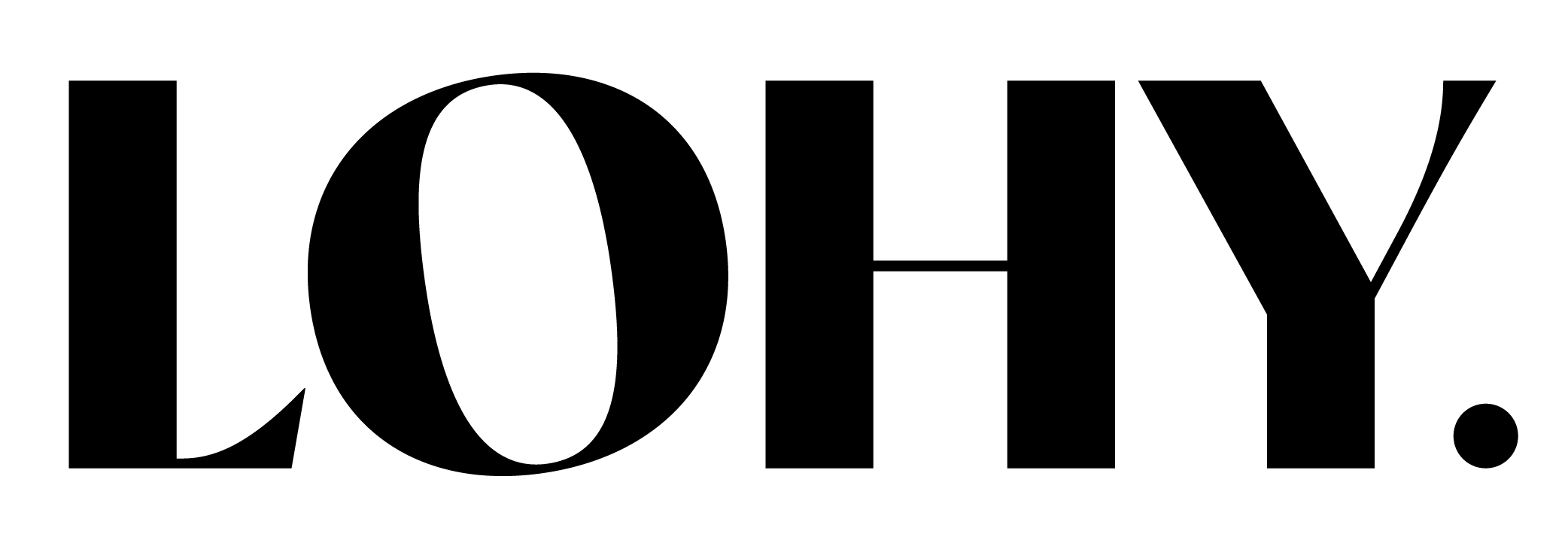
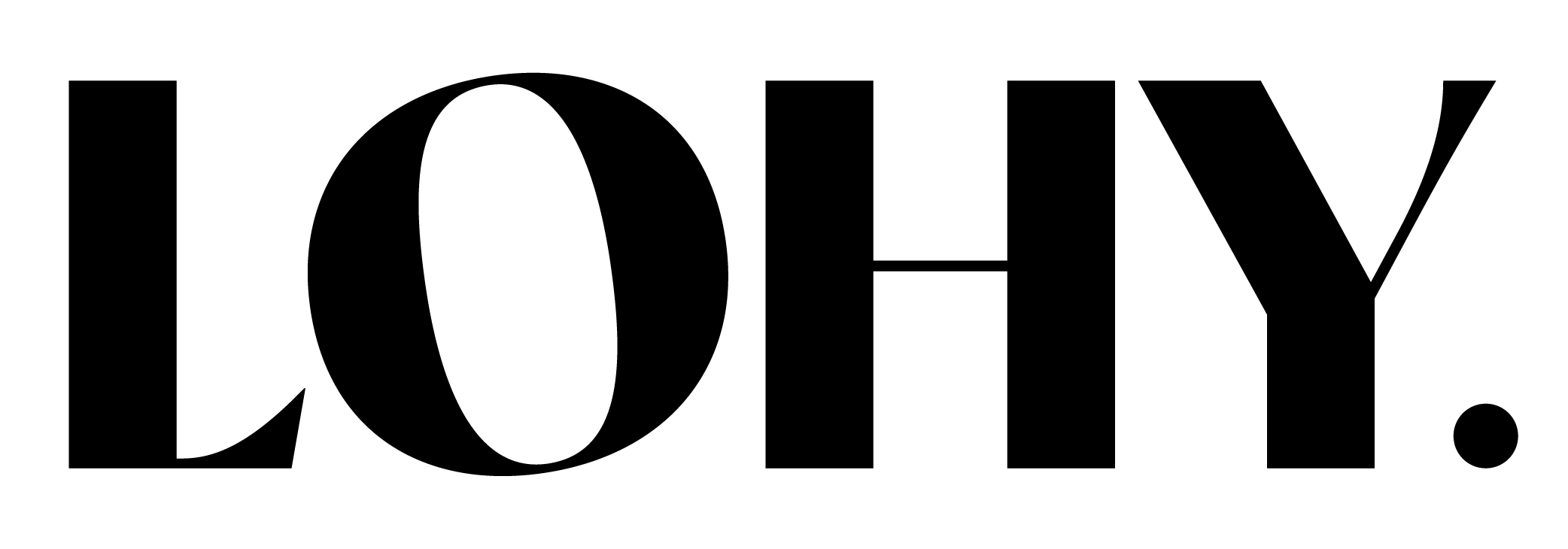

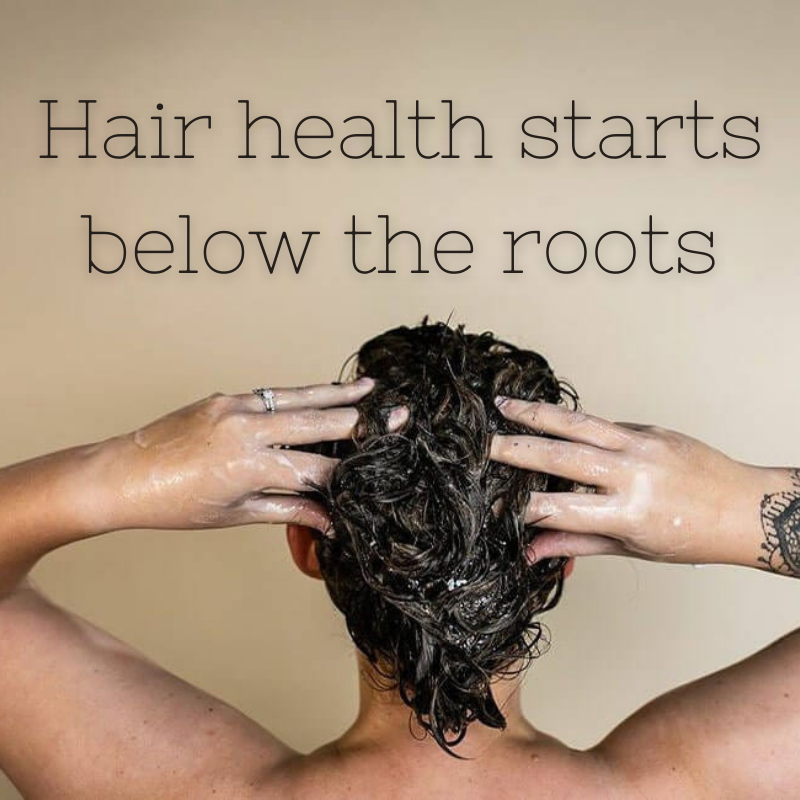
Achieving The Perfect Twist-Out In 7 Easy Steps
Do Heatless Curls Work On BOTH Straight Hair And Curly Hair?